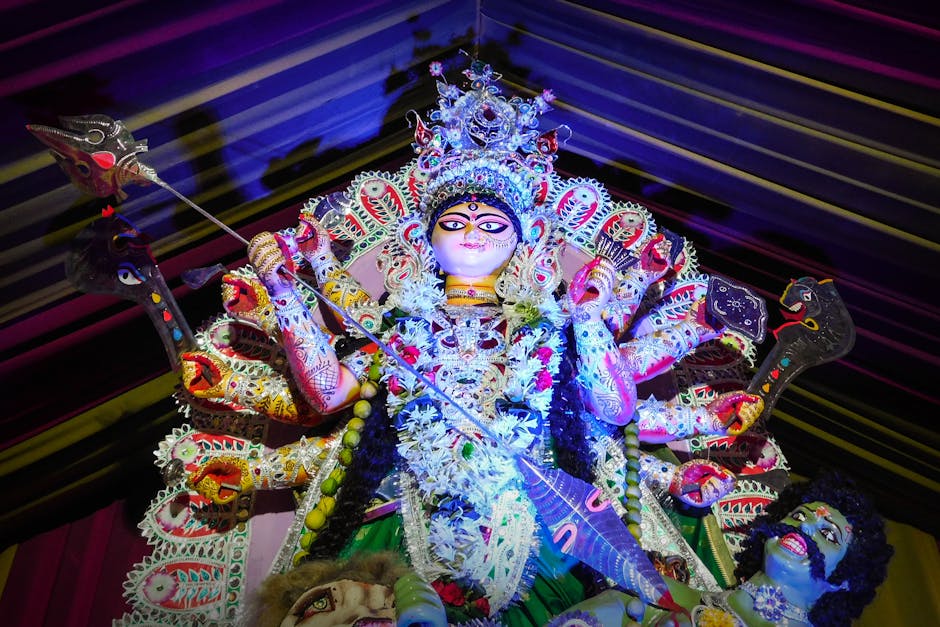The dust is yet to settle on the campaign trail, but one thing is already crystal clear in the great electoral theatre of Bihar: family names are the most valuable currency. For all the passionate speeches about development and social justice, the candidate lists from every major party show that dynasts matter when it comes to Bihar elections. The irony is stark – while “parivarvaad” (dynastic politics) is a favourite stick for parties to beat each other with, almost none have hesitated to practice what they preach against.
The RJD: Lalu Prasad’s Enduring Legacy
The most prominent example is the Rashtriya Janata Dal (RJD), the house that Lalu Prasad Yadav built. His legacy is now carried forward by his children. Younger son Tejashwi Yadav is the face of the party and the leader of the opposition. His elder son, Tej Pratap Yadav, is a sitting MLA, and his eldest daughter, Misa Bharti, is once again contesting the Lok Sabha elections. For the RJD’s core voter base, the family name is synonymous with the party’s identity, making them a cornerstone of this list of parties full of politicians’ kin.
LJP (Ram Vilas): The Paswan Dynasty Continues
Then there is the Lok Janshakti Party (Ram Vilas), forged in the image of the late stalwart Ram Vilas Paswan. The mantle has now passed unequivocally to his son, Chirag Paswan. The bitter feud and subsequent party split with his uncle, Pashupati Paras, was itself a dynastic drama played out in public, reinforcing the idea that the party is essentially a family enterprise. Chirag’s campaign is built as much on his father’s legacy as it is on his own political vision.
The Saffron Camp’s ‘Parivarvaad‘ Paradox
To paint this as a phenomenon limited to regional parties would be misleading. The saffron camp, which champions itself as the primary crusader against dynastic politics, has its own share of political heirs. Look no further than candidates like Vivek Thakur, son of BJP veteran and former Union Minister C.P. Thakur, or Shreyasi Singh, the MLA from Jamui and daughter of the late former Union Minister Digvijay Singh. The party’s selection criteria, it seems, conveniently make an exception when the dynast in question has a strong chance of winning.
Congress and its Longstanding Dynastic Roots
Even the Congress, India’s original “dynastic” party, continues this tradition in Bihar. Meira Kumar, daughter of the towering Dalit leader and former Deputy Prime Minister Jagjivan Ram, has been a long-standing face of the party in the state. The party’s local units are replete with leaders whose primary political qualification is their lineage.
Why Political Dynasties Thrive in Bihar
So, why does dynasty have such a stranglehold on Bihar’s politics? The reasons are a complex mix of social reality and political strategy.
- Brand Recognition: In a state with vast rural stretches, a well-known surname acts as a powerful brand, instantly connecting a candidate to a community and a legacy. It saves enormous time and resources in building a political identity from scratch.
- Caste and Community Consolidation: A political family often becomes the custodian of a particular community’s aspirations. Passing the baton to a son or daughter is seen as a way of ensuring that the community’s influence remains consolidated by a trusted name.
- Party as Fiefdom: Political parties themselves are often structured around a single family that controls the machinery, resources, and network of loyal workers. Entrusting this setup to an heir is a far safer bet than handing it over to a potentially ambitious outsider.
As Bihar heads to the polls, voters are once again presented with a ballot paper dotted with familiar surnames. While some of these political heirs may be competent, the overwhelming presence of dynasts chokes the space for grassroots leaders without a political pedigree. It begs the question: is Bihar voting for a party, a policy, or simply the next generation of a ruling family? In this election, like many before it, the answer seems to be all three.




